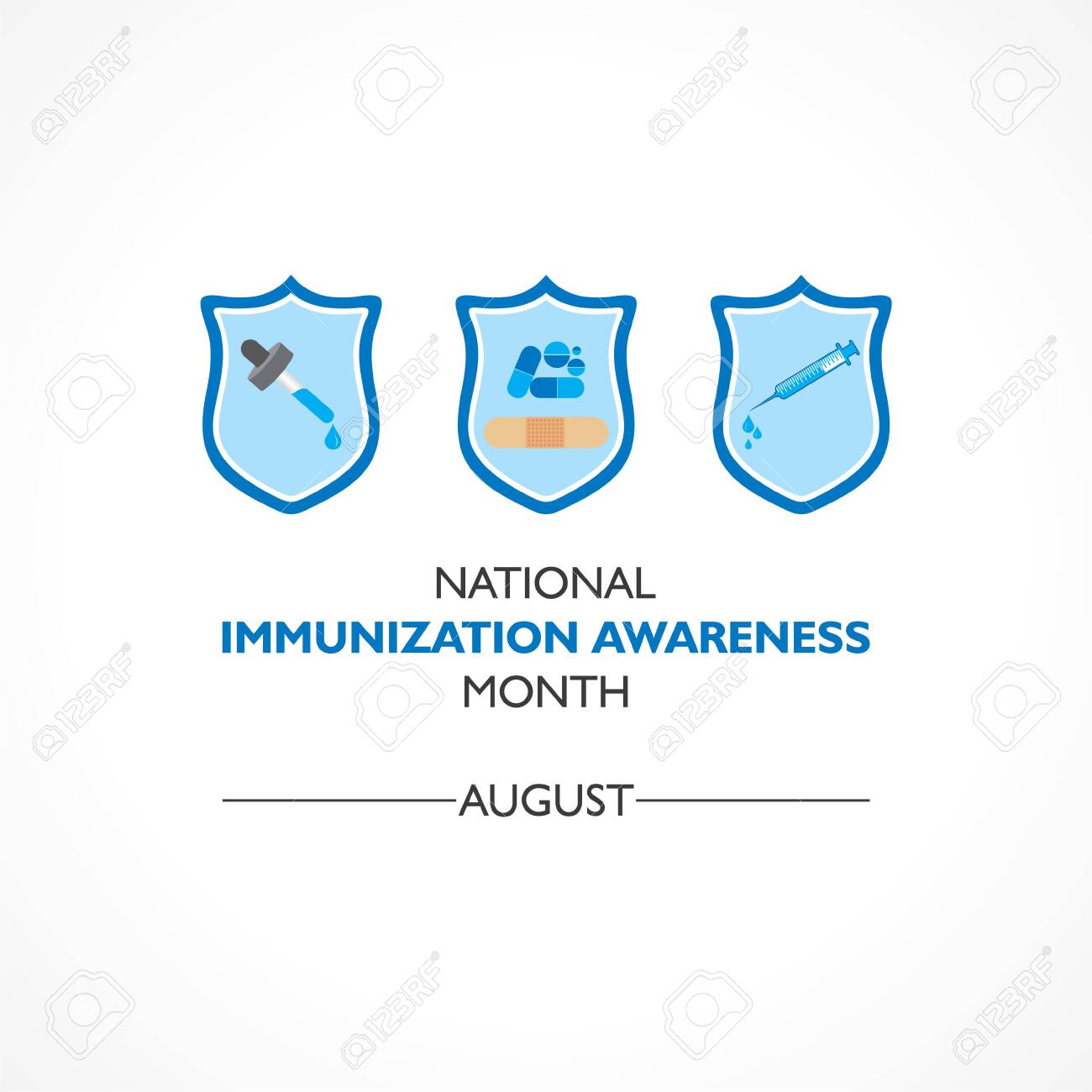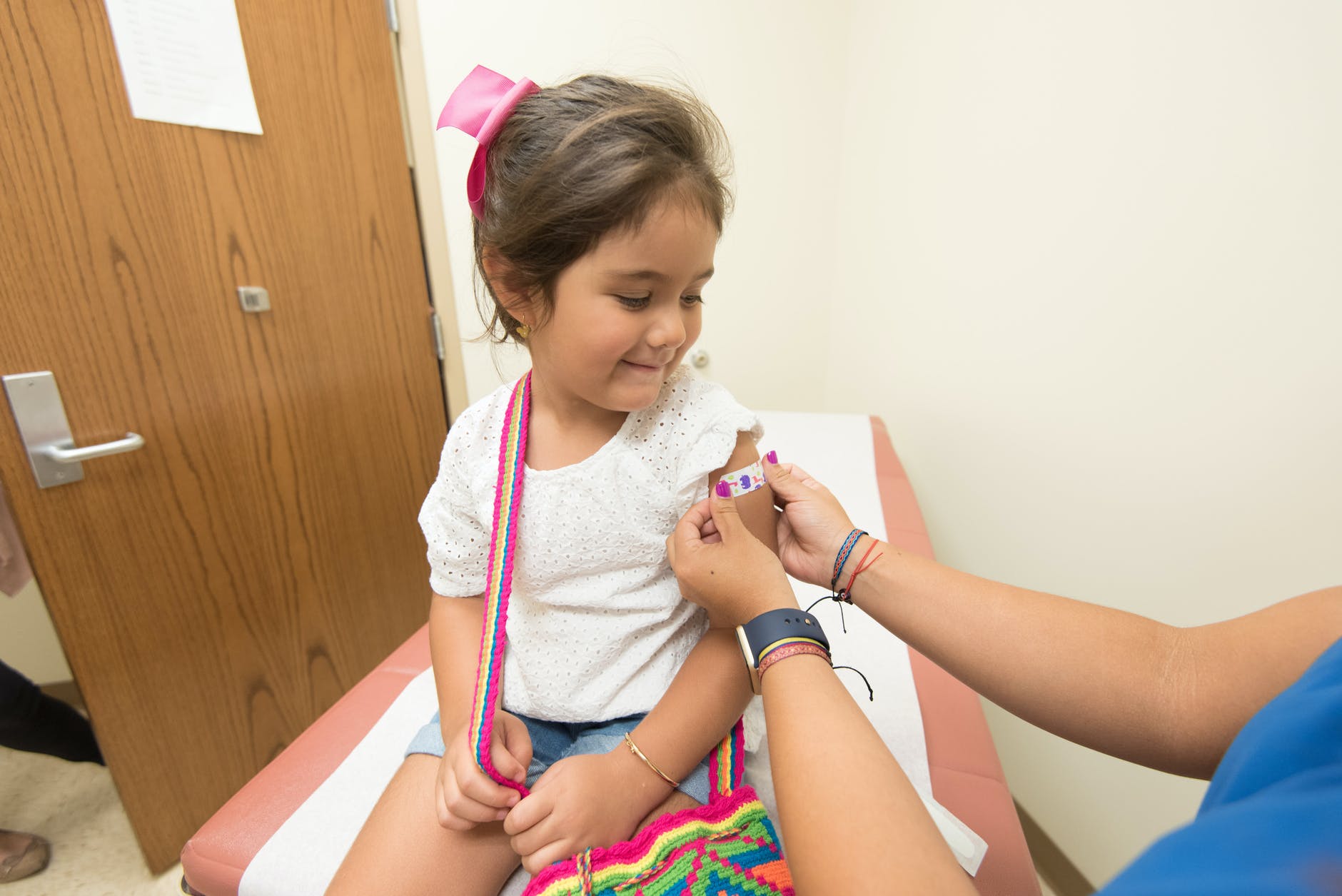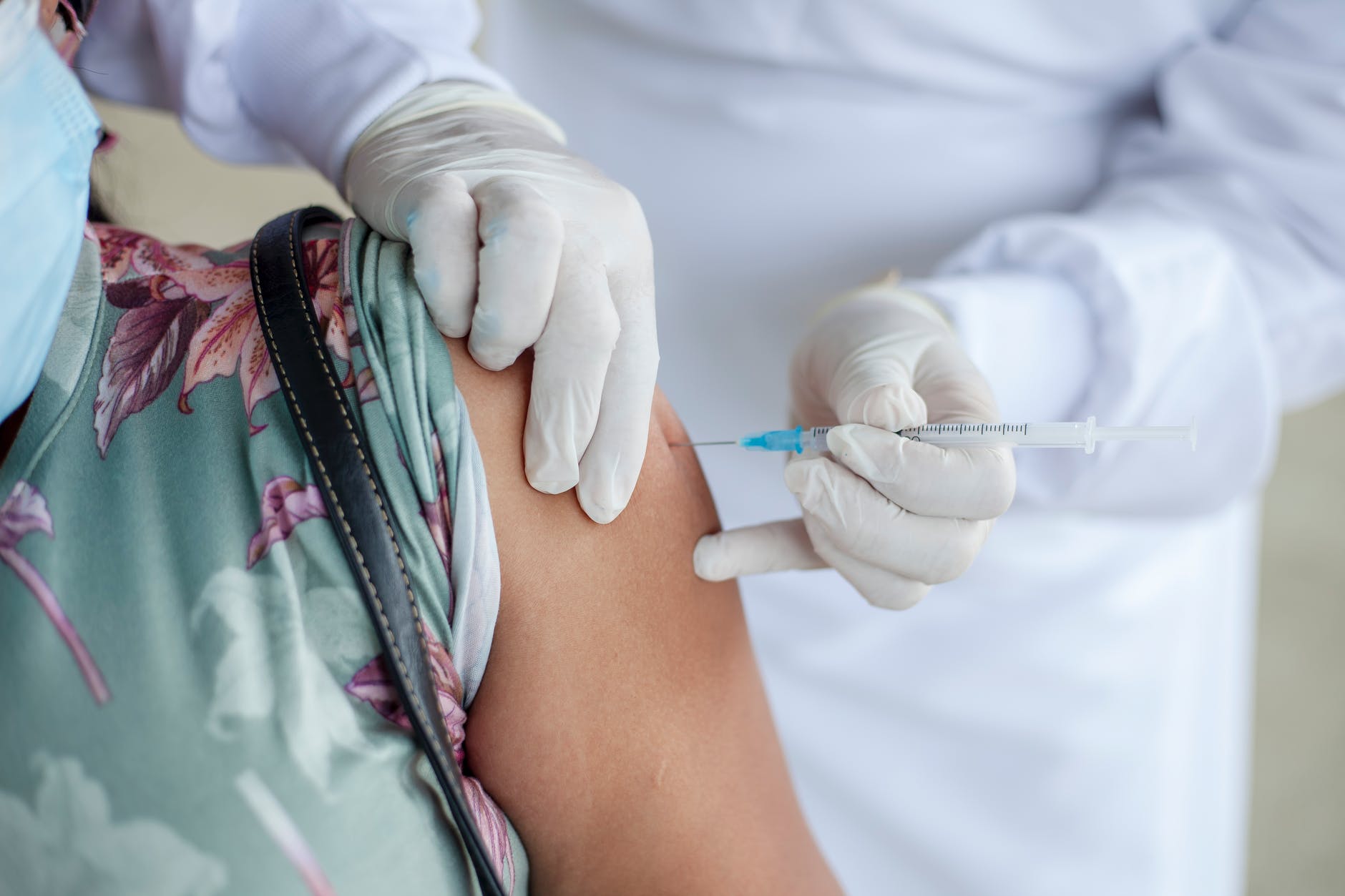National Immunization Awareness Month

National Immunization Awareness Month (NIAM) is an annual observance held in August to highlight the importance of vaccination for people of all ages. The goal of NIAM is to raise awareness about the important role vaccines play in preventing serious, sometimes deadly, diseases. Use National Immunization Awareness Month as your chance to make sure that all your vaccinations are current and your immunization records are up to date!
What Is An Immunization?
An immunization, or vaccine, is a dead, or weakened version, or part of the germ that causes the disease in question. When you are exposed to a disease in vaccine form, your immune system, the body’s germ-fighting machine, can build up antibodies. These antibodies then help you from contracting the disease if and when you are exposed to the actual disease.
Over the years, vaccines have generated some controversy over safety, but no convincing evidence of harm has been found. Although people of all ages can have a reaction to any vaccine, the important thing to know is that the benefits of vaccinations far outweigh the possible side effects.

Childhood Immunizations
Vaccine schedules recommended by agencies and organizations, such as the CDC, and the American Academy of Pediatrics, cover about 14 different diseases. Vaccinations not only protect children from deadly diseases, but they also keep other children safe by eliminating or greatly decreasing dangerous diseases that used to spread from child to child.
Although vaccines are combined to reduce the number of shots needed in children, the list is still long. According to Lucile Packard Children’s Hospital in Stanford, here is a common immunization schedule recommended by age 2 :
- One vaccination for measles, mumps, and rubella (MMR)
- Four vaccinations for Haemophilus influenza (Hib), a common upper respiratory infection that can also cause meningitis
- Three to four polio vaccinations (IPV)
- Four vaccinations for diphtheria, tetanus, and pertussis (DPT)
- Three vaccinations for hepatitis B
- One vaccination for varicella (chickenpox) no earlier than age 12 months and only if your child does not develop chickenpox on his or her own (must be verified by a health care provider)
- Three vaccinations for rotavirus, a type of infection that causes severe diarrhea
- Four vaccinations for pneumococcal disease, a common cause of ear infections and pneumonia
From age 4 to 6, children will need booster shots for DPT, IPV, MMR, and chickenpox. Children should also start receiving a yearly flu shot after age 6 months. A vaccination for hepatitis A is also recommended for all children.

Pre-Teen and Teen Immunizations
To protect against infections that can make adolescents sick, including protection against infections where risk of exposure increases as adolescents get older, children ages 11-18 should continue to receive vaccines. Vaccines should also be administered to pre-teens and teens in order to extend protection from childhood diseases, as those protection from childhood vaccines wears off with age.
According to the CDC, children 11-12 years old should receive routinely recommended vaccines to protect them from the following diseases:
- Meningococcal disease (one dose of MenACWY vaccine)
- HPV (two doses of vaccine)
- Tetanus, diphtheria, and whooping cough (pertussis) (one dose of Tdap vaccine)
- Influenza (Flu) (one dose of vaccine every year)
- COVID-19 (two doses of vaccine). COVID-19 vaccine (1 dose) and other vaccines may be given to your child on the same day.
Children ages 13-18, according to the CDC’s guidelines, should receive routinely recommended vaccines to protect them from the following diseases:
- Influenza (Flu) (every year)
- Meningococcal disease
- Meningococcal conjugate (MenACWY) given at 16 years old (2nd dose)
- Serogroup B meningococcal (MenB) may be given, preferably at 16 through 18 years (2 doses)
Adult Immunizations
Adults need to keep their vaccinations up to date because immunity from childhood vaccines can wear off over time. You are also at risk for different diseases as an adult. Vaccination is one of the most convenient and safest preventive care measures available.
All adults need:
- COVID-19 vaccine
- Influenza (flu) vaccine every year
- Td or Tdap vaccine

Vaccination Records
Your vaccination record, sometimes called your immunization record, provides a history of all the vaccines you have received from infancy through adulthood. This record may be required for certain jobs, traveling abroad, or school registration. If you need official copies of vaccination records, or if you need to update your personal records, there are several places you can look. The CDC recommends trying the following options to locate your immunization records:
- Ask parents or other caregivers if they have records of your childhood immunizations.
- Look through baby books or other saved documents from your childhood.
- Check with your high school and/or college health services for dates of any immunizations. Keep in mind that generally records are kept only for 1-2 years after students leave the system.
- Check with previous employers (including the military) that may have required immunizations.
- Check with your doctor or public health clinic. Keep in mind that vaccination records are maintained at doctor’s office for a limited number of years.
Finding old immunization information that has not been properly sorted and stored can be difficult and time-consuming. Therefore, it is critical that you keep an accurate and up-to-date record of the vaccinations you have received. Keeping an immunization record and storing it with other important documents (or in a safe place) will save you time and unnecessary hassle.
Although they have had their fair share of controversy over the years, vaccines have been proven to be the best defense we have against serious diseases, and it’s important to make sure that you’re up to date on all recommended vaccines. Use this National Immunization Awareness Month as your chance to make sure that all your vaccinations are current and your immunization records are up to date!
